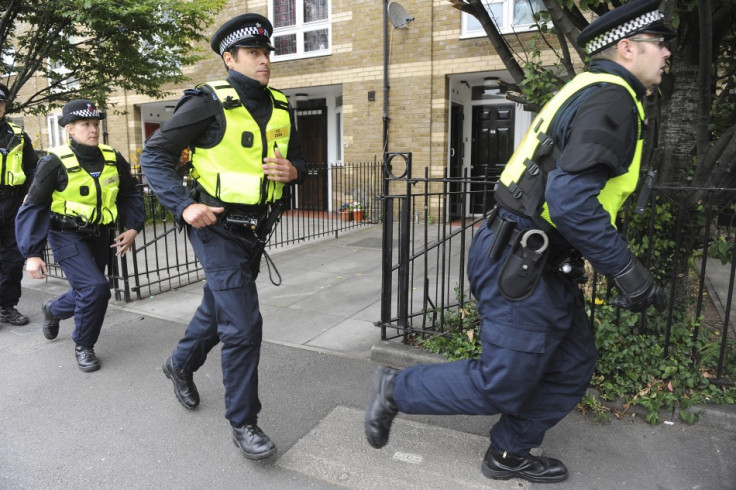75% of British police seen providing inadequate protection to vulnerable citizens

An investigation by Her Majesty's Inspectorate of Constabulary (HMIC) on the proficiency of British police forces has revealed an alarming inadequacy. Almost 75% of the forces were found to be inefficient in providing protection and support to vulnerable victims.
The report examined how vulnerable victims of crime were dealt with by the forces. It was found that victims of domestic violence and child abuse were not provided with the kind of protection and support that they should have ideally received. The response of the forces in cases of child sexual exploitation was also looked into and was found wanting. HMIC has admitted to being stringent in its grading as even "small failures may have tragic consequences".
HMIC inspector Zoe Billingham, who led the investigation, said: "Victims of crime and antisocial behaviour who are vulnerable in some way are in greatest need of the police's protection and support, but HMIC's inspection found that most forces require improvement in how they protect and support them."
The report found a disturbingly small fraction of the forces to have adequate services. Among the 43 forces in England and Wales, only 12 were deemed good. Four were found completely lacking in efficiency and a further 27 were reported as requiring improvement. Three forces in particular —Bedfordshire, Staffordshire and Essex — were deemed most ineffective in responding to the needs of vulnerable victims of crime, especially victims of domestic abuse.
It was also found that most forces had a dearth of data with regards to victim reports and threat identification. Forces were also found to be inadequate in making risk assessments of children in high-risk homes. In most cases, such assessments were found to be incomplete and unreliable.
In addition, reports also suggested that very little was being done by the forces to monitor and protect repeat victims. Only 19 of the 43 forces were found to be using computerised systems for such monitoring purposes, while the rest were not doing anything at all to monitor repeat victims.
Mark Castle, the chief executive of Victim Support, said: "This report makes disturbing reading, highlighting widespread failure by the police to identify, assess or support the most vulnerable victims of crime, in particular children."
Acting Deputy Chief Constable Louisa Rolfe, the National Police Chiefs' Council spokesman for domestic abuse, said: "There is still more to do both in terms of our service to victims of domestic abuse and our wider response to vulnerable people. HMIC's reports challenge us to do this better and we will act on their valuable recommendations to help us get there."
© Copyright IBTimes 2024. All rights reserved.






